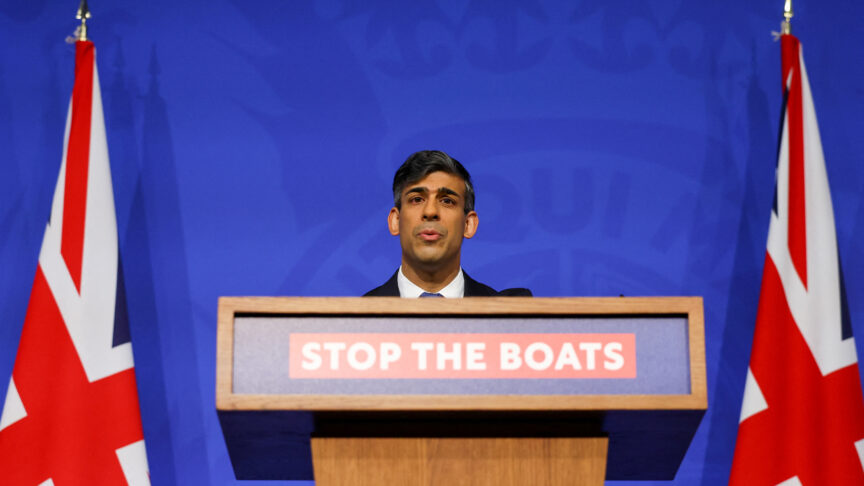A fistful of dollars: Europe and US sanctions
The European Union needs an Office for Financial Asset Control to defend its home industry against sanctions
There is a bipartisan bill in Congress right now that could have dire consequences for Germany. Both Democrats and Republicans would like to sanction companies that are involved in the construction of the Nord Stream 2 pipeline, which will deliver natural gas from Russia directly to Germany.
If it becomes law, these companies will be targeted with sanctions by the Office for Foreign Assets Control (OFAC) at the US Department of the Treasury. They will be barred from any trade with the US and from using the US dollar for payments.
It is clear that the United States is behaving not like a partner but like a rival of Germany and Europe in its new trade war. Washington has demonstrated to Europeans how a big power can blackmail them in this new era: either you do what we want or your economy will suffer. The most recent example of this is Europe’s trade with Iran: US sanctions forced companies around the globe to stop engaging with anyone in the country. These so-called secondary sanctions hit everybody alike, no matter whether they were friend or foe. In essence, then, it is people in Washington – not in Berlin, Frankfurt, or Stuttgart – who, by leveraging the power of the US dollar, decide which countries and entities Germans do business with.
The EU should make clear that sanctioning European companies comes at great economic cost
The European Union is unprepared for this kind of economic statecraft – which China will probably soon put into practice, too, leveraging its gigantic market. This is odd because, in other areas, the EU has been capable of defending itself fairly well. When US President Donald Trump threatened to put destructive tariffs on German car manufacturers, the EU responded with counter-tariffs and thereby spared BMW, Volkswagen, Daimler, and the like high costs. But, when it comes to sanctions, the EU lacks the capacity to respond.
So, how can Europe better protect itself? First of all, the EU should make clear that sanctioning European companies comes at great economic cost. This would alter the cost-benefit calculations of great powers. Europe needs an almost automatic mechanism that it can trigger when European companies are denied market access. This would require the EU to identify market sectors in which the US, China, and other countries asymmetrically depend on Europe – as well as key individuals operating in these sectors. By doing so, the EU would signal that it was ready to take action, if necessary. In the event of sanctions against European firms, it could quickly react with countermeasures. To do so, Europe needs its own OFAC, a body that brings together economic and security policy experts to devise the right responses in this geo-economic age.
Berlin and its partners should also quickly prove that the new Instrument in Support of Trade Exchanges – which is designed to facilitate trade with Iran and to circumvent the dollar system and US sanctions – can indeed function well. Europe should also conduct more trade in euros.
All this requires Germany and Europe to come to terms with the fact that, rather than being separate domains, economic policy and geopolitics are as closely intertwined as ever. Europeans struggle with this idea. Having been built as an economic entity, the EU lacks the capacity to handle geopolitical challenges. Germany – unlike, for instance, the United Kingdom – lacks a central agency or task force that combines foreign and economic policy expertise to devise strategic sanction regimes.
Many people in Berlin will tell you that trade with Russia is too important to just bow to US sanctions. But it is unclear how Berlin would react if the US did impose such measures – and Germany has no credible deterrent.
Considering the current powerlessness of Berlin and Brussels, it is unclear how they would react to sanctions against Nord Stream 2. That could well mean that the US – rather than Europeans – will decide whether Germany can receive natural gas from Russia.
The German version of this article first appeared on 7 August in Zeit number 33/2019.
The European Council on Foreign Relations does not take collective positions. ECFR publications only represent the views of their individual authors.


